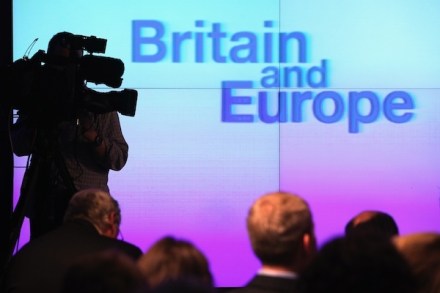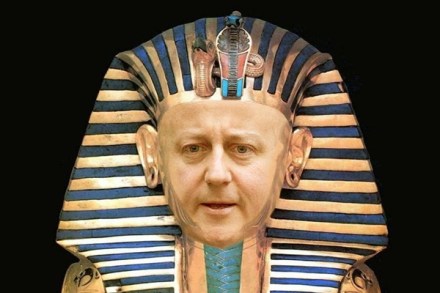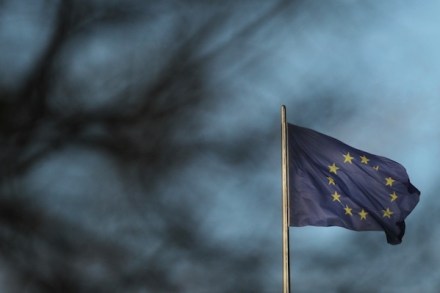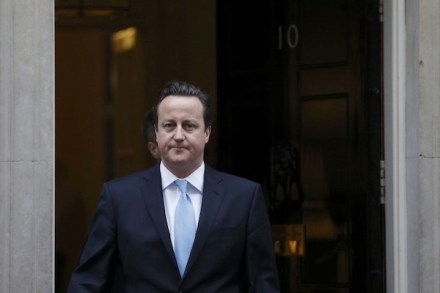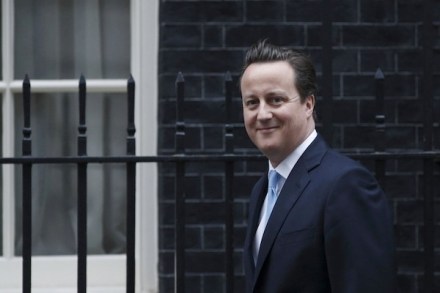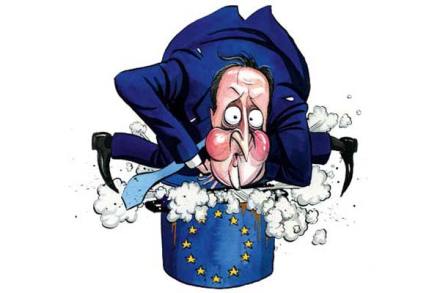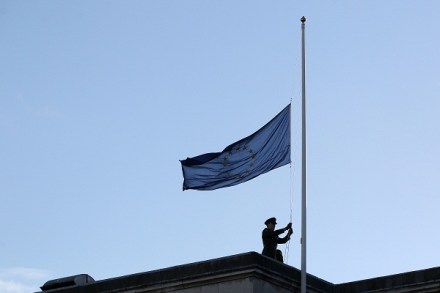Sketch: Cameron’s EU climax
This was no tantric anti-climax. This was a seismic moment in British politics. David Cameron breezed into a London press conference this morning and proceeded to reshape Europe. The wooden lectern he stood at was pale and municipal. He wore a dark suit and a nice purple tie, and his affable pink chops glowed with moderation and good sense. He looked like a council negotiator arriving to settle a hedge dispute between warring neighbours. The Euro-crisis will lead to the restructuring of Europe, he said. He called for a new design that would incorporate more openness, flexibility and competitiveness. And the single market, not the single currency, should lie at
